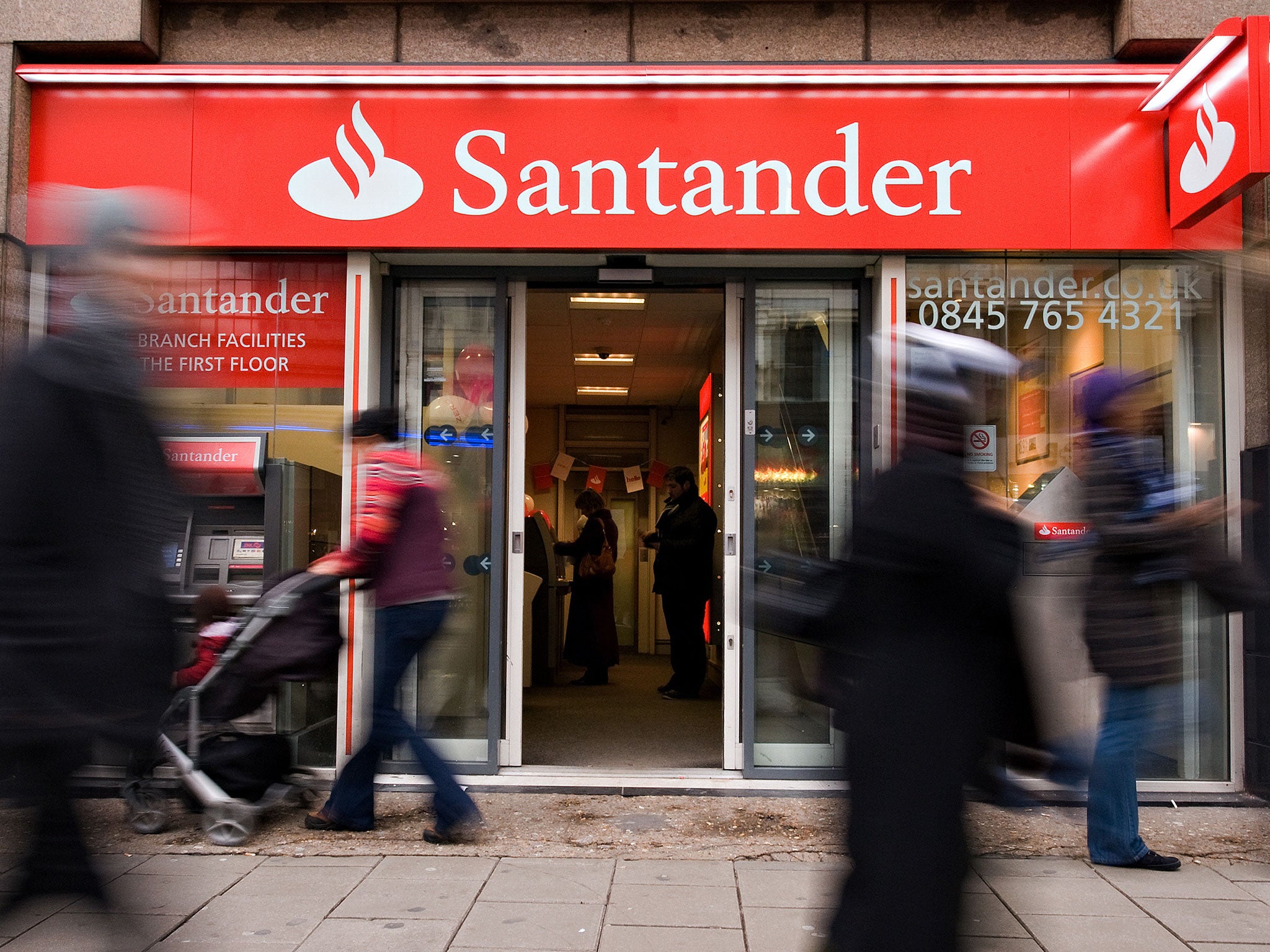Money Insider: The outlook for 2015 - savers should look away now
If you’re hoping to see a better return on your cash nest-egg this year, the prospects aren’t good

Savers have been at the sharp end of the Bank of England’s low interest rate policy to protect the UK economy, while borrowers continue to enjoy ultra-low mortgage repayments. It looks like being a similar story in 2015.
If you’re hoping to see a better return on your cash nest-egg in the coming year, the prospects aren’t good. According to City experts, the chances of the first base rate increase in almost seven years (since 5 July 2007 to be precise) look remote.
With the general election due in May, we may see a minor tweak of 0.25 per cent at most in the latter part of the year – if we see any upward rate movement at all.
For older savers (65 plus) there’s some better news with the launch of pensioner bonds by National Savings & Investments later this month.
These bonds were first announced in last year’s Budget and a couple of weeks ago the interest rates were confirmed as 2.8 per cent fixed for a one-year bond and 4 per cent for the three-year option.
These rates are well ahead of what’s on offer in the wider savings market, with the best one-year rate being 1.85 per cent with First Save, and Shawbrook bank’s 2.5 per cent representing the best three-year offer.
The maximum investment in each bond is £10,000 per person; earning 2.8 per cent instead of 1.85 per cent on this sum for one year means the saver will get an extra £95 in interest before tax (£76 for 20 per cent taxpayers).
With the three-year deal at 4 per cent instead of 2.5 per cent, a £10,000 balance will generate an extra £150 per year before tax (£120 for a 20 per cent taxpayer).
But the crux of the issue is that banks and building societies still don’t seem hungry for savers’ money, and so the launch of the bonds is unlikely to have much influence on wider rates. If the limit were £50,000, I think savings deals would improve to prevent an outflow of credit balances.
With instant access savings accounts paying around 1.5 per cent at best, and the top Isa equivalent standing at just 1.55 per cent, it’s not surprising that people are looking at alternative ways to earn a better return.
For some, current accounts will still work best in 2015, with Santander 123 being by far the most attractive as it pays 3 per cent on balances from £3,000 to £20,000, plus you have instant access to your money.
On the borrowing front, the possibility that the cycle of rate rises may commence in the latter part of the year means that mortgage customers should start to consider their next move.
For people with plenty of leeway in their monthly household budget, it’s less of an issue, but if your finances are already stretched and wouldn’t be able to cope if you had to shell out an extra £100 each month to the mortgage company, then it may be worth fixing your rate sooner rather than later.
The nearer we get to a rate rise being on the cards, the quicker the “best buy” deals will disappear, and lenders will be factoring in the increase in their pricing. So it may be better to start shopping around before it all gets a bit frenzied.
In the credit card market it will be interesting to see whether the 0 per cent balance-transfer circus continues and whether we will see a card offering three years interest-free. With the regulator taking a close look at the sector, I wouldn’t be surprised to see more providers pull away from 0 per cent, as NatWest has done, while perhaps more companies will follow Lloyds and MBNA with a focus on long-term low rates as a key card product.
Andrew Hagger is an independent personal finance analyst from www.moneycomms.co.uk
Subscribe to Independent Premium to bookmark this article
Want to bookmark your favourite articles and stories to read or reference later? Start your Independent Premium subscription today.

Join our commenting forum
Join thought-provoking conversations, follow other Independent readers and see their replies